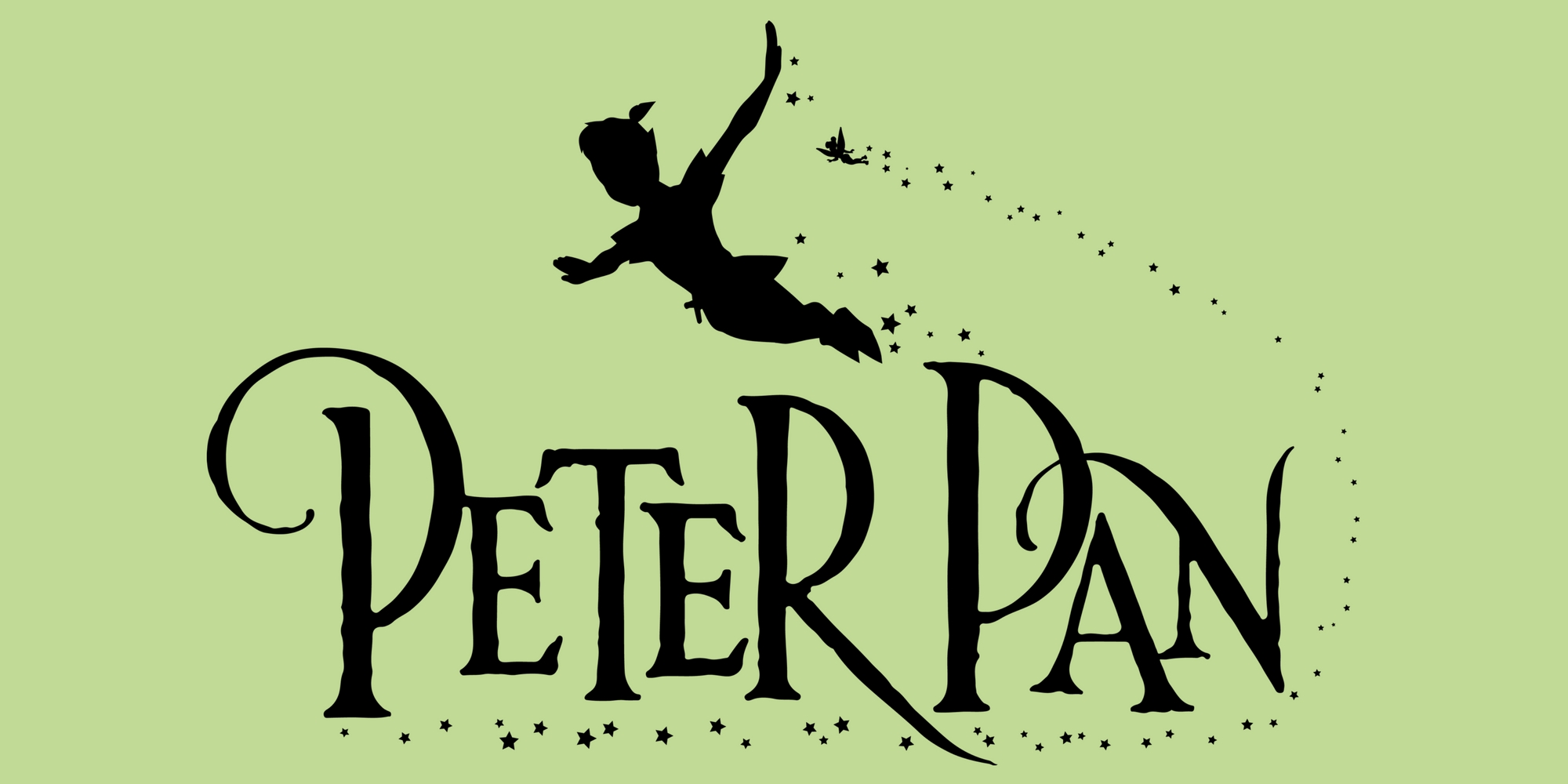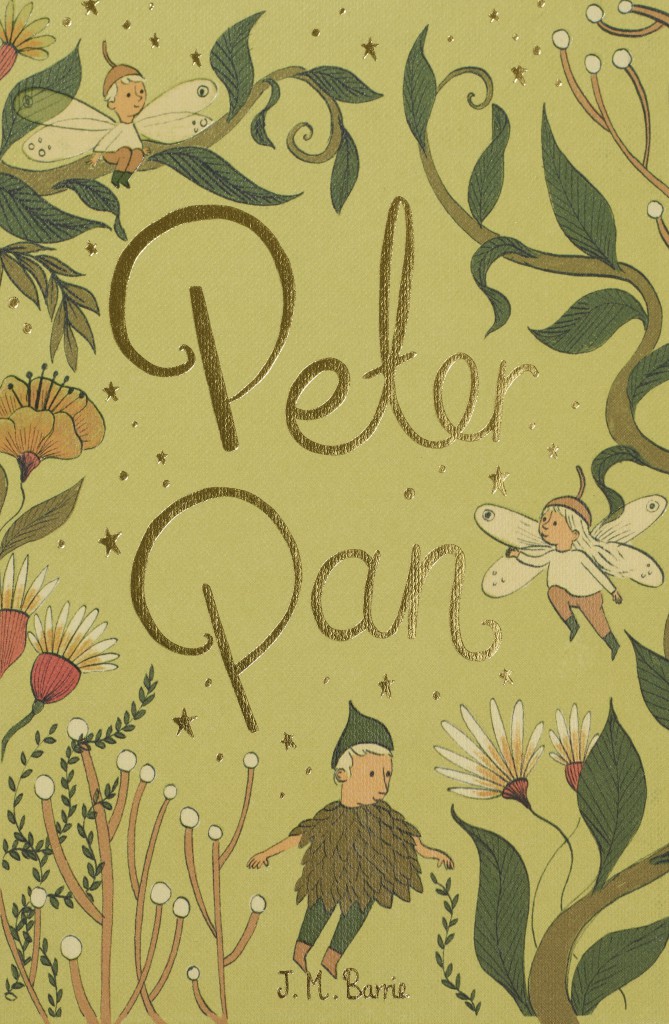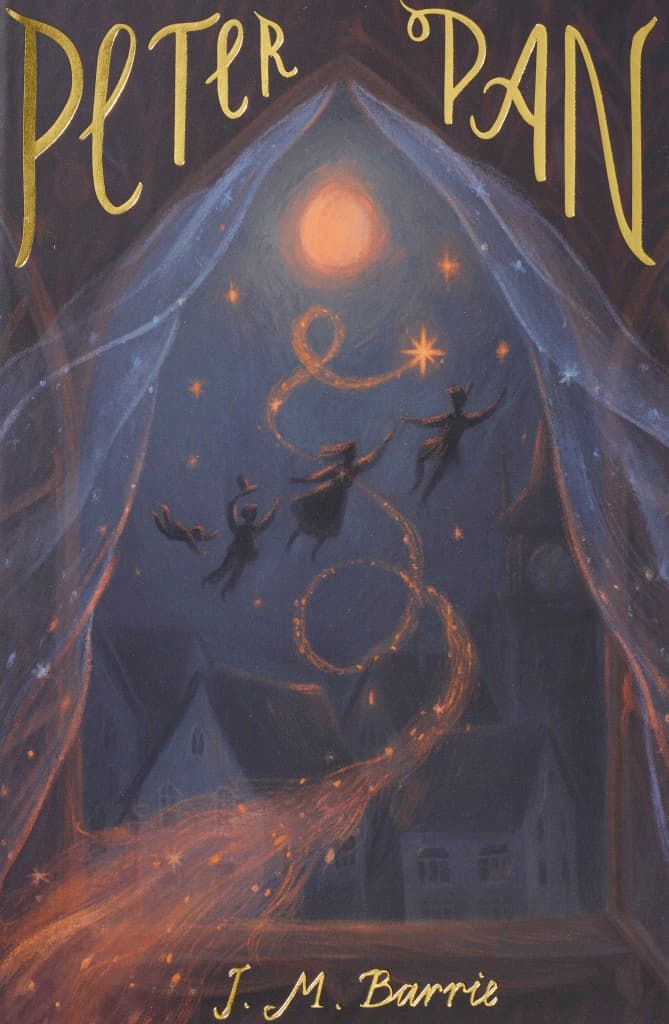
Stefania Ciocia reviews the National Theatre’s Peter Pan
Theatrical magic and thought-provoking choices in Sally Cookson’s ‘Peter Pan’.
It was with a mixture of excitement and trepidation that I travelled up to London the other day. It’s been some years since I last read J.M. Barrie’s “terrible masterpiece” and a good few more since I have been a child. Not having grown up in the UK, I have not gone through that cultural rite of passage that is the Christmas pantomime. That had to be the reason – or so I have been telling myself – why I had never seen Peter Pan on stage. The chance to catch it at the National Theatre was too good to pass. Directed by Sally Cookson, and “devised by the Companies”, this is a co-production with the Bristol Old Vic, where it premiered in November 2012 to enthusiastic reviews. Cookson and her collaborators have not been resting on their laurels, though: the current run has a very interesting, and rather crucial, tweak. That too had piqued my curiosity, since I’d spotted “it” in one of the preview photographs on the NT website.
The knowledge of this imaginative twist aside, my expectations of the show – even as a self-declared panto neophyte – cannot have been that uncommon: I was looking forward to lots of flying, fairies and general theatrical magic. At the same time, I feared the presence of twee-ness, and of a saccharine idealisation of childhood. I needn’t have feared. This joyously riotous performance wears its occasional, inevitable sentimentality very lightly. The opening scene in the Darlings’ London home – the children preparing to go to bed while Mother (Anna Francolini) and Father (Felix Hayes) get in their finery to attend a party – is lifted by the arrival of the burly Ekow Quartey as Nana, entirely dressed in white frills. The attire belies the canine nurse’s brisk efficiency and no-nonsense attitude: her testy impatience with the family’s insistence that she behave as a dog throws into relief, by contrast, Mrs Darling’s charming girlishness and Mr Darling’s stroppy immaturity.
Still, Nana’s unusual appearance is nothing compared to Tinker Bell’s. Misled by the twinkling of a small spotlight, I was not prepared for the explosive arrival on stage of Saikat Ahamed, as undainty and unfeminine as it is possible to get in a white tutu. Bare-chested under the harness for the “fairy strings”, sporting spiky wings and some strange headgear covered in – what else? – fairy lights, this Tinker Bell is unapologetically played for laughs. And so are those other icons of feminine mischief and seductiveness, the mermaids, brought to life by the ensemble cast in an all-singing, all-dancing, all-synchronized-swimming extravaganza worthy of Esther Williams at her most sparkling best.
Always in full sight, like the strings and the human counterweights that replace the more customary fairy dust, members of the cast also help animate the natural elements – luminous planets and cardboard clouds in the night flight to Never Land, silky ribbons for the rising tide in the lagoon – as well as Barrie’s fantastical inventions: Peter’s unruly shadow, the providential Never Bird, and a suitably larger-than-life crocodile assembled from sheets of corrugated tin, one of the many details to give an industrial, gritty edge to the island’s environment.
It’s there too in the Lost Boys’ retro, borderline hipsterish characterization: with their vintage knitted vests and bobbly hats, their cool moves and pre-digital-age games – skateboards, space-hoppers, tin-can telephones, miniature bicycles, the lot – they make for a bright, lively crew against the cavernous space of the Olivier covered in primary-colours graffiti. Crowing it over this chipper posse, Paul Hilton’s Peter is a man determined not to act his age: he wears a green suit and trainers (thankfully there’s not a Pan-like tunic in sight in the whole production), but his trousers are a bit short in the leg, a useful reminder that the decision not to grow up is his, and not – in a manner of speaking – mother nature’s.
Adding a measure of wildness to this urban environment is the fierce Tiger Lily (Lois Chimimba), whose distinctive Scottish accent and howling pack of wolves set her apart from Peter’s more gregarious playmates. It’s no wonder they crave a mother figure, while Tiger Lily gets into scrapes all on her own, though her toughness makes it almost hard to believe that the pirates might have gotten the better of her at one point. Her first encounter with Wendy (Madeleine Worrall), still awkwardly getting used to life in Never Land, had me brace for an uncharitable confrontation – the savage child taunting her more genteel counterpart – when in fact there was a nice touch of female solidarity between the two. Deep down, they are not as unlike as they seem, and not just because of their hopeless attraction to Peter.
Even as she obliges the Lost Boys by playing mother, Wendy has little time for the traditional wifely qualities attached to her role: instead of keeping house and darning socks – she tells us from the start that she’s not keen on her sewing kit, for all that she knows how to use it – she exerts her nurturing influence over “her” children in the enjoyable fulfilment of her storytelling duties. Her wisdom is a by-product of her older age, compared to John (Marc Antolin), Michael (John Pfumojena) and the rest of the gang, rather than of the moral superiority ascribed to her gender in the Edwardian hangover of the 19th-century ideology of “true womanhood”.
Welcomed by the Lost Boys as the “lady” they’d so been wishing for, this Wendy nonetheless wears some very comfortable-looking, aerial-acrobatics-friendly pyjamas, just like her brothers. A prima inter pares amongst her male siblings, she further hints at an impending change in gender roles through her staunch advocacy of girls’ cleverness, and of their fundamental right to be treated as equals by boys. Better still, none of this comes across as didactic or as a conspicuously worthy 21st-century corrective to Barrie’s more old-fashioned values.
That said, in matters of gender politics, the real revelation in this production is Captain Hook. From that sneak peek on the NT website, I had gathered that the flamboyant villain would be played by a woman, but somehow it had not occurred to me that it would be played as a woman. (Don’t ask how I had managed to overlook the fact that this particular pirate was wearing a skirt.) It took for the superb Anna Francolini to be referred to as “she” for me to realise that the usual doubling up of Mr Darling and Hook had been replaced by the delightful, sunny Mrs Darling morphing into her dark, gothic alter ego as the vengeful captain of the Jolly Roger. And this is where things start to get very interesting indeed.
Apparently, Barrie always meant for Hook to be played by the same actress cast as Mrs Darling, but he relented to Gerald Du Maurier’s request to be allowed to take on the role of Hook alongside that of Mr Darling. Du Maurier thus originated both the dashing pirate and the petulant pater familias, and their suggestive pairing. This casting choice, in turn, underpins the popular Oedipal reading of the story which sees Peter, the young son, competing with Father for the possession of Mother – an interpretation which, in fairness, doesn’t sit too easily with Peter’s self-declared refusal to grow up.
By contrast, given Peter’s resentment against his own mother – the cause of his permanent banishment from home, since she closed the nursery window while he was out on his first flying spree – it makes perfect sense for his nemesis to be an adult woman. This decision has the added advantage, for this spectator at least, of casting light on the different implications concerning men and women should they put off indefinitely the assumption of grown-up responsibilities. To put it bluntly, the crocodile’s ticking clock has been known to strike female, more than male, ears with extra poignancy.
Early in the play, Hook claims that were she to be a mother, she’d wish for her children to be born with her sharp namesake in place of a hand. After the interval, however, this declaration of steeliness gives way to a heart-breaking vulnerability, as we see her put on her pirate’s costume: long dark-haired wig, feathered tricorn hat, flouncy crinoline skirt and platform shoes slowly add up to a necessary armour, for she’d better look the part. I bet this Captain has had to work twice as hard – and act twice as tough (cue her prompt and cruel dispatch of a teddy-bear-loving member of her renegade crew) – as her fellow male pirates to get where she is.
But the moment that sent a real chill down my spine was the climactic exchange between Wendy and Hook when the crotchety virago is cut down to size by the suggestion that there’s nothing a hot bath would not sort out. Funny as it was, Wendy’s statement reminded me of Sylvia Plath’s The Bell Jar, where Esther Greenwood – the epitome of the modern young woman struggling to break free of gendered double standards – proclaims a similar belief. Is this echo in any way meaningful? If so, does it suggest Wendy’s naive blindness to the difficult compromises that adulthood will require her to make? And does this make Hook, in her guise as the dark side of Mrs Darling, the real unsung heroine of the piece? Is she the resourceful, resilient Wicked Queen shaking out any lingering remnant of passivity from her Snow White child?
Perhaps I am trying to read too much into Cookson’s decision to put her female characters centre stage. Perhaps I am superimposing my interest in literary representations of motherhood, and of alternative ways for women to be creatively empowering, onto a production whose one, overwhelmingly obvious, the lesson is that theatrical make-believe is a sure-fire way of holding on to our inner child. And, if truth be told, part of me is grateful for the play’s refusal to yield a straightforward interpretation of the relationship between Wendy, Hook and Peter.
On the other hand, I cannot help but notice how this alternative, non-Oedipal triangle comprising a female Hook turns Peter into the marginal figure that he is essentially meant to be: a temporary phase – or at most an occasionally irresistible impulse – in the life of individuals who otherwise learn to embrace the passage of time. And this is what makes the final scene so convincingly, and affirmatively, moving with its focus, one more time, on the mother-daughter relationship. When we witness Jane’s (Amaka Okafor) first attempts to fly with Peter to Never Land, Wendy’s wary parental protectiveness soon gives way to unconditional support, so much so that it’s the mother who acts as a counterweight for the daughter to soar above the stage. Wendy’s complicity in the beginning of Jane’s adventure reveals Peter to be a mere catalyst for fantastic inventions, make-believe and self-discovery. The real magic happens elsewhere, when the more experienced amongst us help our charges to fly away, unencumbered by insecurities and emboldened by the knowledge that “the window will always be open”.
Merry Christmas!
Books associated with this article

Peter Pan (Collector’s Edition)
J.M. Barrie
